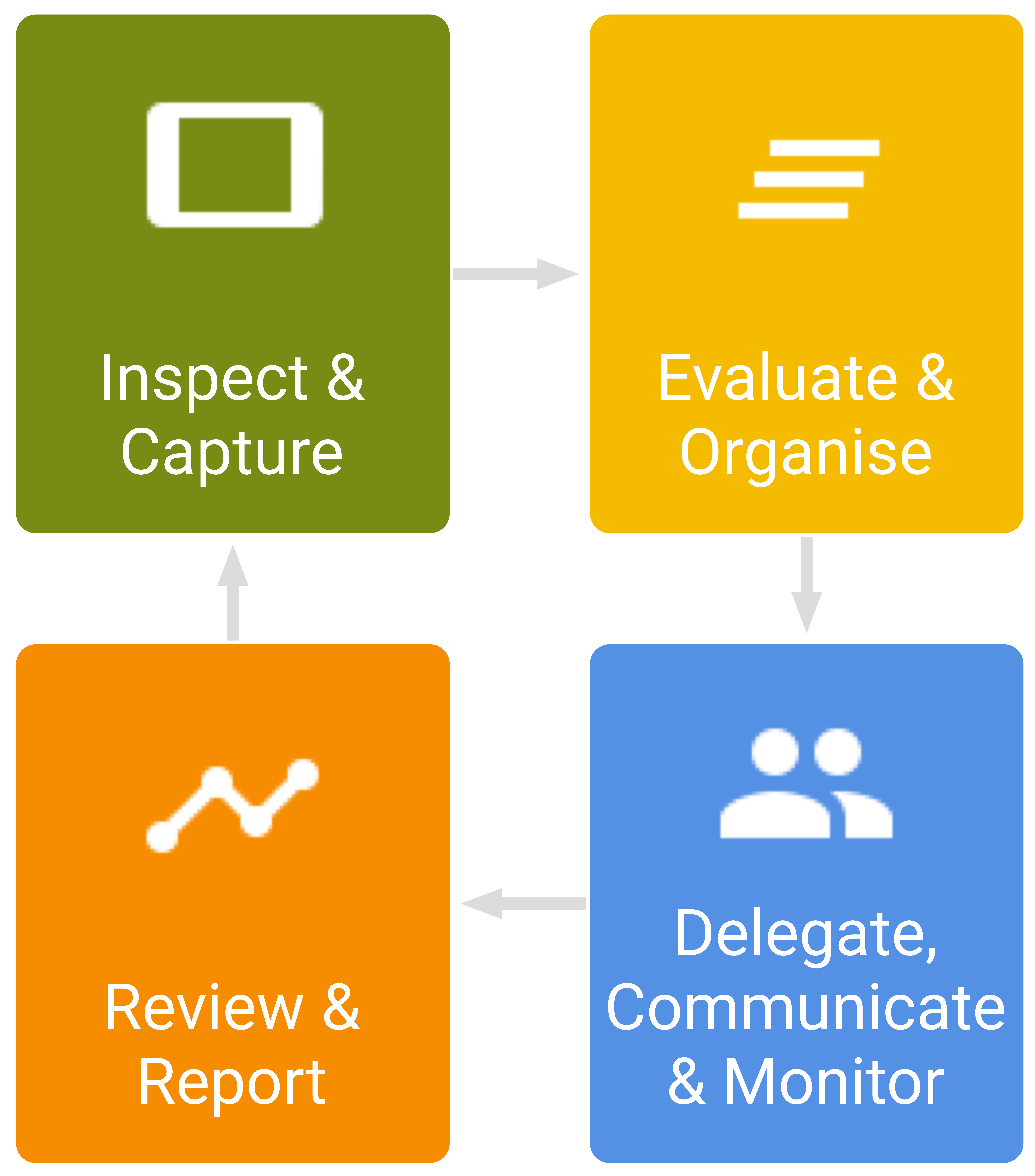Crisisworks supports a highly flexible module configuration, yet provides a consistent and easy-to-use way of managing data within the system that works the same across all modules. By learning the basics of Crisisworks, you will be able to quickly and confidently understand how to manage all modules.
...
Each event is set up with a series of Registers which contain the data (Items) and define the structure and the workflow rules, as well as some Positions and Resources. Crisisworks users go on duty to their positions, which grants them access to manage items in the registers (e.g. adding requests, information, cases, documents). These are the main registers/modules:
| Register/Module | Purpose | Documentation link |
|---|---|---|
| Requests | Assign tasks/jobs to positions. Notifications issued via SMS & email for assigned and overdue items | Requests |
| Information | Information records store and publish intelligence intended to be shared with others, they are not directly actionable. The Information module provides a way to store and publish a variety of information including messages, reports and assessments. Information can be stored in Crisisworks, promoted onto the dashboard, and explicitly published by email and SMS to users. | Information |
| Logs | Position or personal notes that can be seen by some others but not intended to be publically shared, to be used for later reference or evidence. Can be your thoughts, or decisions made & the reason for your actions. | Logs |
| Offers | Manage records of a people or organisation offering material or in-kind assistance, such as accommodation for people or animals, labour, food, blankets etc | Offers |
| Library | The Library is where documents and wikis are securely stored for access all year round and during emergencies | Reference Library |
| Contacts | A contact is a record for a person or an organisation that you would like to store for the current event/emergency or to retain for all current and future events. A contact record can also be linked to a Request, Information or Offer record, which makes data entry faster and more accurate if you keep your contacts up to date. Contacts are also accessible in the Crisisworks app, making the contacts register a great place to keep all of your key staff for access anywhere at any time. | Contacts |
| Recovery (People & Property) | The recovery module contains a series of registers to capture impact details of people, property and private infrastructure, and to then manage the recovery via tasks and financial tracking. Supports Contractors that can use the mobile app or web system to manage their own tasks | Recovery ( |
| Infrastructure Assessment) | ||
| Recovery (Infrastructure Assessment) | Infrastructure Assessments track and manage infrastructure such as roads, culverts, signs and facilities that have been affected by disasters. Supports Contractors that can use the mobile app or web system to manage their own tasks | Recovery (Infrastructure Assessment) |
| Rostering & Availability | The Rostering feature helps manage staff and volunteers for different positions at different times. The Crisisworks web-based rostering module uses modern drag and drop features to make its use intuitive and fast and can be used by multiple people at the same time in different locations. | Rostering & Availability |
Based on the configuration of each module, Register Items may be assigned to users and positions, and they may utilise resources and relate to assets. Additionally, Registers implement workflows using combinations of status, priority, assignment, counters, escalations and notifications, which help users to effectively manage the event.
...
